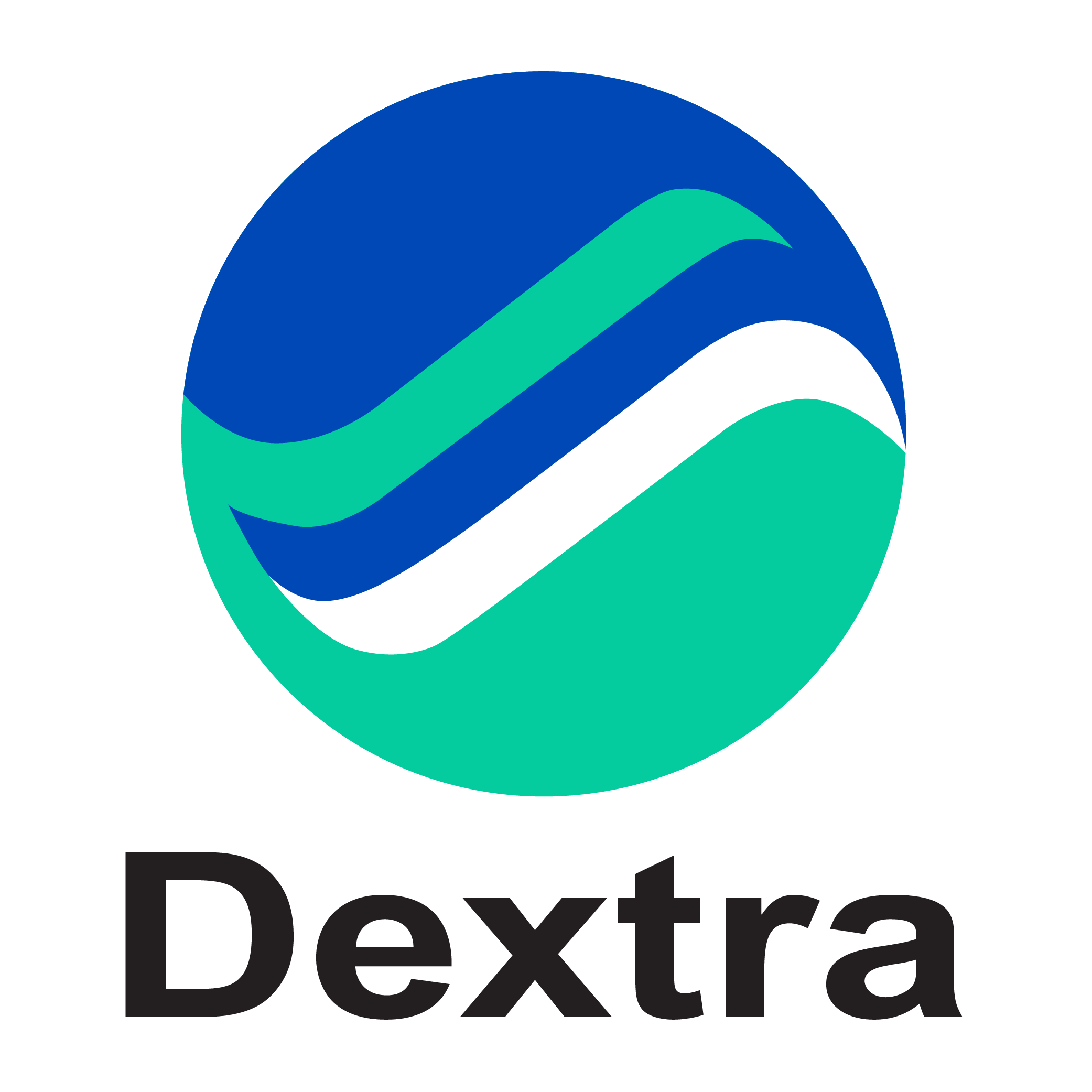Cairo Monorail
The Cairo Monorail is a two-line monorail rapid transit system in Cairo, Egypt, that is currently under construction. When the project is finished, the two lines will provide the first public transportation linkages from the New Administrative Capital and 6th of October City to the Cairo metropolitan area.
The 54-kilometer line between the New Administrative City and East Cairo will take 60 minutes, while the 42-kilometer line between the 6th of October City and Giza would take 42 minutes.
Dextra supplied more than 300,000 Bartec standard and bridging couplers for the connection of reinforcement bars. Bartec is simple to install and does not require professional skilled labor, which reduces labor on the job site, formwork costs, and increases job site safety.
Around 400,000 Bartec headed bars were also installed as a replacement for hooked bars in concrete members and connections.
Moreover, the project used Unitec bolted couplers in repair works for the connection of two rebars which have not or cannot be threaded.
The first stage of the system will open to the public in 2022, followed by a second stage in 2023.













